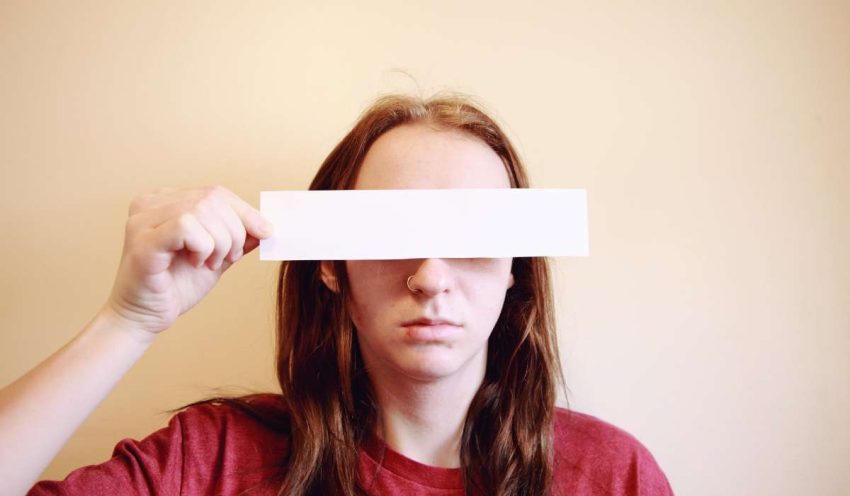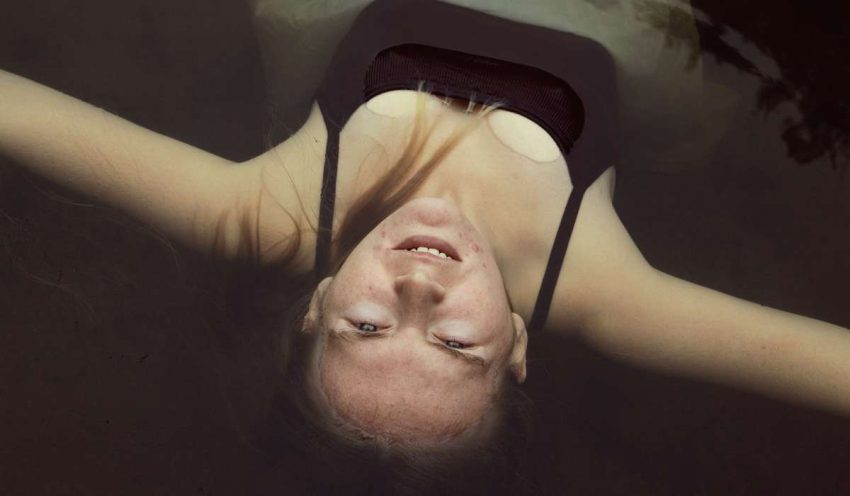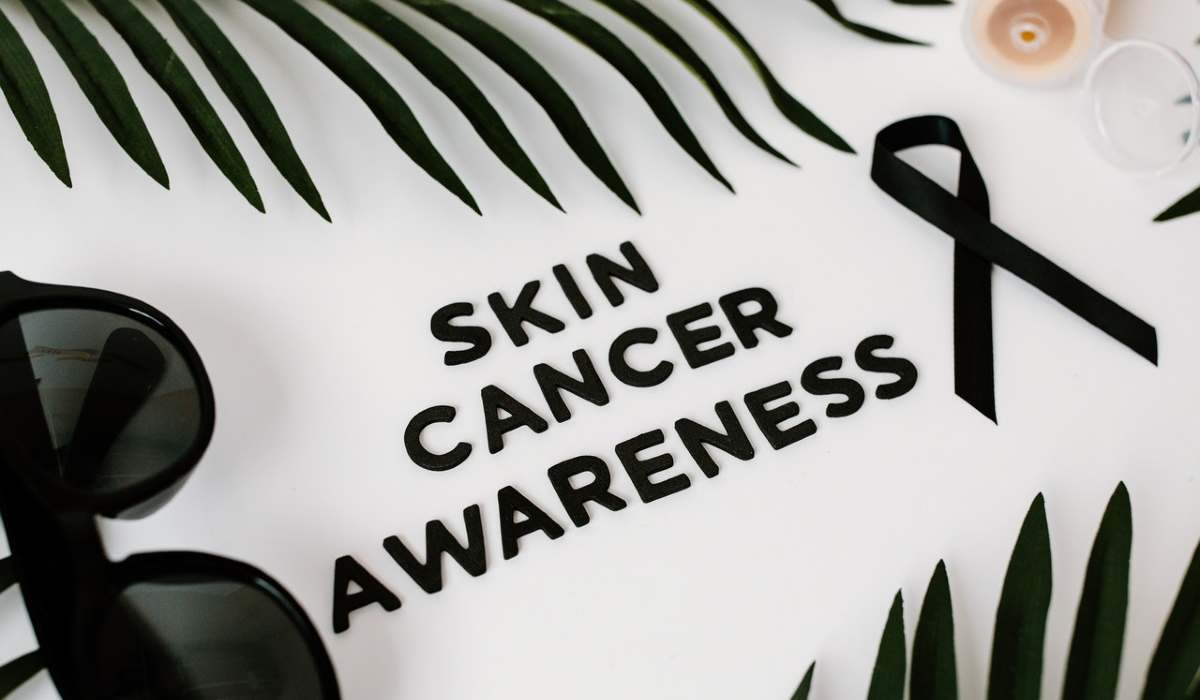Changes in our skin as we age are inevitable, including loss of moisture, changes in…

Why You Might Be Failing to Deal With Hormonal Acne
When you hear the words hormonal acne, it might bring up memories of awkward teenage acne problems. The truth is, hormonal acne is something that some people will deal with throughout their entire lives without even knowing it.
Hormonal acne isn’t just the breakouts that you get in high school. It’s acne that can pop up anytime you experience a fluctuation in your hormones. Because of puberty, your menstrual cycle, menopause, pregnancy, or anything in between.
Since so many people don’t realise that the breakouts they are dealing with are hormonal acne, it can go untreated. So to help deal with the misconceptions, here is why you might be failing to deal with hormonal acne.
How You Might Be Failing to Deal With Hormonal Acne
Acne can occur for so many reasons, at so many stages of our lives, that it’s all too easy to deal with it incorrectly.
Some of the biggest mistakes acne suffers make are:
- Not dealing with the underlying hormonal causes
- Over or under washing
- Incorrect acne product usage
- Improper diet
Underlying Hormonal Problems
Unlike other types of acne, hormonal acne is caused by chemical imbalances inside of the body instead of on the surface of the skin. Therefore, hormonal acne presents as hard, cystic bumps deep under the skin instead of surface-level blemishes.
As the name suggests, hormonal acne is caused by one key factor: hormones. Since this type of acne is caused by hormonal imbalances in the body, oral medication that balances these hormones is the most effective treatment, not over-the-counter acne medication.
Many sufferers will try product after product with little to no effect. Instead of a drug store product, hormonal acne is best treated with either:
- Oral Contraceptives: Traditionally used to prevent pregnancy, oral contraceptives have other uses too. One of the most popular alternative uses is to help prevent hormonal acne. This is because oral contraceptives regulate the estrogen and progesterone hormone levels in the body.
- Anti-Androgen Drugs: Where oral contraceptives regulate progesterone and estrogen, anti-androgen drugs regulate testosterone. Excess testosterone can also cause hormonal acne, so anti-androgen drugs can reduce or eliminate breakouts.
Over or Under Washing
For any sort of acne, washing your face with a gentle cleanser is a must, but there is a thin line between washing too much and not enough.
It might seem harmless to skip a face wash before bed when you’re tired, but oil and bacteria left on the skin can cause acne issues even in that short time.
The same is true if you wash your face too much, or skip moisturising. Overwashing your face can cause excess oil to be produced because of how bad it can dry your skin out.
While hormonal acne isn’t necessarily caused from issues on the surface of the skin, overly dry skin or oily skin can exacerbate hormonal acne.
Incorrect Acne Product Usage
As we mentioned before, hormonal acne doesn’t respond as well to topical over-the-counter acne products as other types of acne. If someone who isn’t aware that their acne is hormonal uses too much acne medication, or too many types at the same time, it can be incredibly drying to the skin.
Dry skin inevitably produces too much oil, which can make any sort of acne much worse than it would have been without the acne product, including hormonal acne. If you are going to use over-the-counter products with hormonal acne, follow the product’s instructions closely and use it sparingly.
Improper Diet
There isn’t as much of a correlation between diet and hormonal acne as previously thought. However, certain foods can irritate the skin and cause flare-ups, especially if you have an unrecognised food intolerance or allergy.
If you don’t have any intolerances or allergies, consider adding in foods that are good for the skin instead of reducing other types of food. Examples of foods that are great for the skin are those high in omega-3’s, leafy greens like kale, and antioxidant-rich foods like acai.
Why Is My Hormonal Acne Getting Worse?
The most common reason hormonal acne gets worse is because of changes in hormone levels. Reasons for changes in hormones can include the menstrual cycle, menopause, and pregnancy. For men, a drop or rise in testosterone can cause hormonal acne flare-ups.
If there are no obvious reasons like those mentioned above, hormone fluctuations can be caused by less obvious reasons, like stress. If hormones aren’t the culprit, an acne flare-up can occur because of pollution, touching your face too often, picking at blemishes, or food allergies.
How Do You Get Rid of Stubborn Hormonal Acne?
Getting rid of hormonal acne can be frustrating. This is because it doesn’t respond well to the same acne cures that other types of acne do. With the right treatments, though, hormonal acne can be banished.
The best ways to get rid of hormonal acne are:
Treat the underlying hormonal causes: Hormonal fluctuations are the primary cause of hormonal acne. Treat these fluctuations, and you also treat the acne.
Tea tree oil: If you prefer a more natural acne treatment, tea tree oil helps to battle all different types of acne. Studies show that 5% tea tree oil works best for reducing acne inflammation.
Sunscreen: Sunscreen won’t treat acne, but it is one of the most important steps you can do every day to keep your skin healthy. Healthy skin is much less likely to experience hormonal acne flare-ups. Make sure to choose an oil-free sunscreen variety!
To find the right treatment for your hormonal acne, it’s best to see a dermatologist. A dermatologist will examine your skin and determine the right treatment that is best for you specifically.
In Summary
- Hormonal acne isn’t the same as other types of acne. It often needs to be treated with prescription oral medications that help to regulate hormones.
- Other things, like using the wrong acne products or not washing your face, can exacerbate hormonal acne.
- Things like menstruation, pregnancy, and an overabundance of hormones can cause hormonal acne to get worse.
- See a dermatologist to find out why you might be failing to deal with your hormonal acne.





